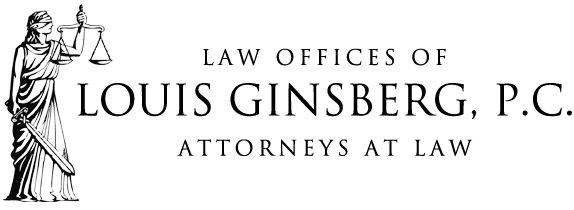Many laws that protect employees by imposing obligations on employers to provide a safe working environment and appropriate work conditions have anti-retaliation provisions. These provisions are designed to protect employees who assert their rights or seek the protections of this law without fear of economic retaliation by the employer. The Supreme Court recently clarified the scope of the protection against retaliation under the Fair Labor Standards Act. This statute provides standards regarding wage, overtime and hours rules. The statute also protects employees from retaliation by an employer for making a claim regarding violation of the protections provided by the Fair Labor Standards Act.
In the Supreme Court case of Kasten v. Saint-Gobain Performance Plastics Corp., the employee claimed he was terminated because he had complained to supervisors regarding the placement of the company’s time clocks that prevented employees from receiving time on the clock for putting on and taking off protective gear so that they could carry out their job function. The Fair Labor Standards Act requires that employees be paid for the time involved in putting on protective gear.
The employer argued that the anti-retaliation provision did not provide statutory protection because the employee Kasten never filed a written complaint. While Kasten made multiple complaints to management regarding timeclock issues, the complaints were all oral. The employer contended that the anti-retaliation protections of the Fair Labor Standards Act that applies to employees that “file” a complaint was intended to imply only to employees that complain in writing.
The Supreme Court rejected this approach and held that the anti-retaliation provisions of the statute did apply to oral complaints regarding violations of the statutory protection for employees that make wage, hour or overtime claims even if they are only oral. The Supreme Court reasoned that the statute should be applied broadly to carry out the objectives of the statute. If a written complaint was required to obtain protections against economic retaliation against an employer for making such a claim, then employees who were less educated or illiterate might be denied the benefit of such protections.
There are many laws that protect employees who expose violations of federal or state law governing health, safety and working conditions designed to protect employees. Many of these statutes have anti-retaliation or whistleblower provisions that protect employees who expose such illegal conduct or file complaints regarding violations by the employer. These protections are provided because there is an important public policy interest in exposing unsafe working conditions or other violations of law by employers. It is common for employees to be concerned that they will lose their job or otherwise face punishment from an employer for exposing illegal or unsafe conduct, which violates state or federal law.
Call today to discuss your case with a New York workplace retaliation attorney by calling 1-800-LOST-JOB or 1-800-567-8562. Two convenient locations to serve in close proximity to New Jersey, Queens County, Bronx County and Manhattan.

